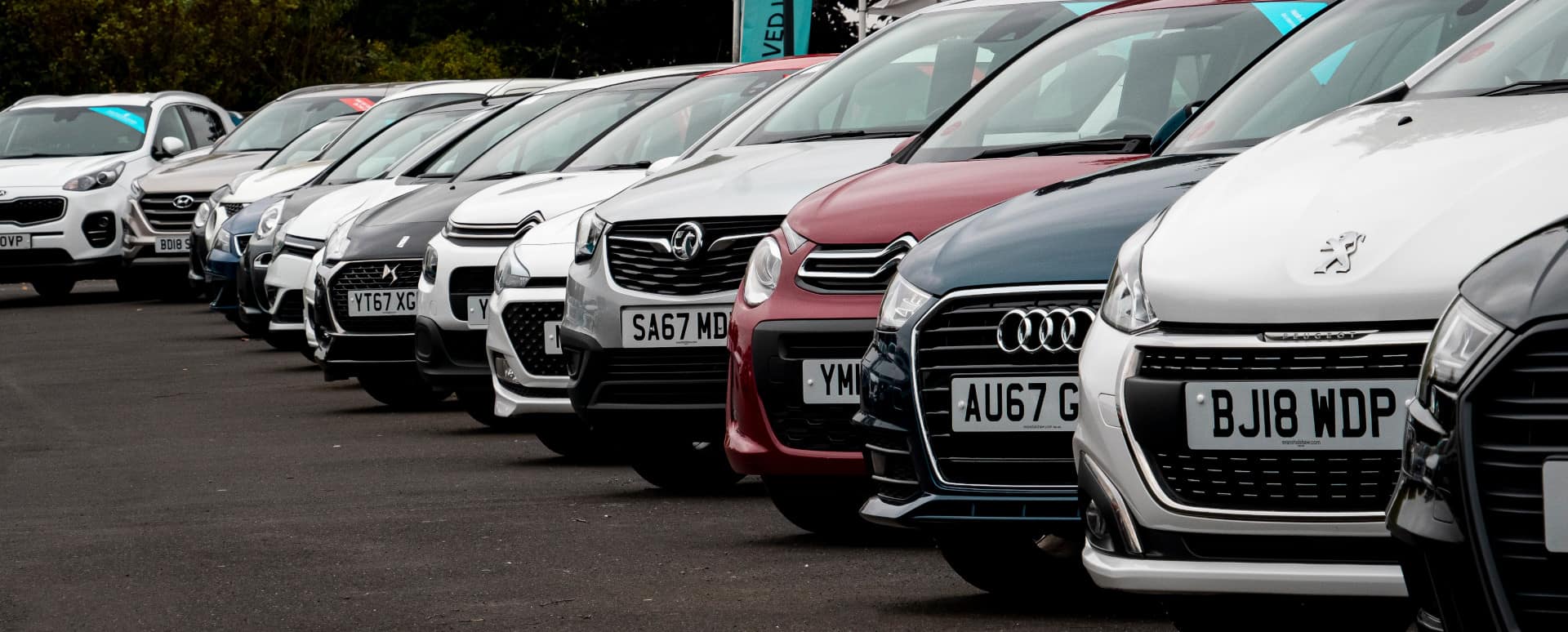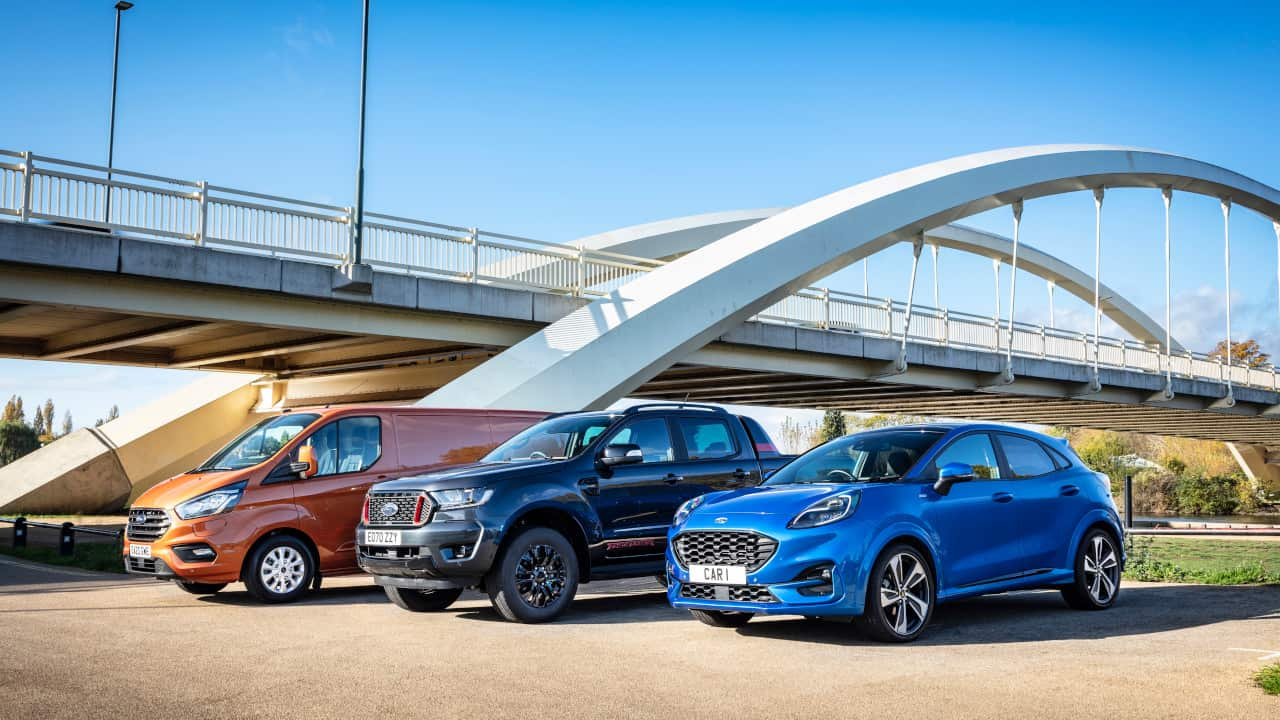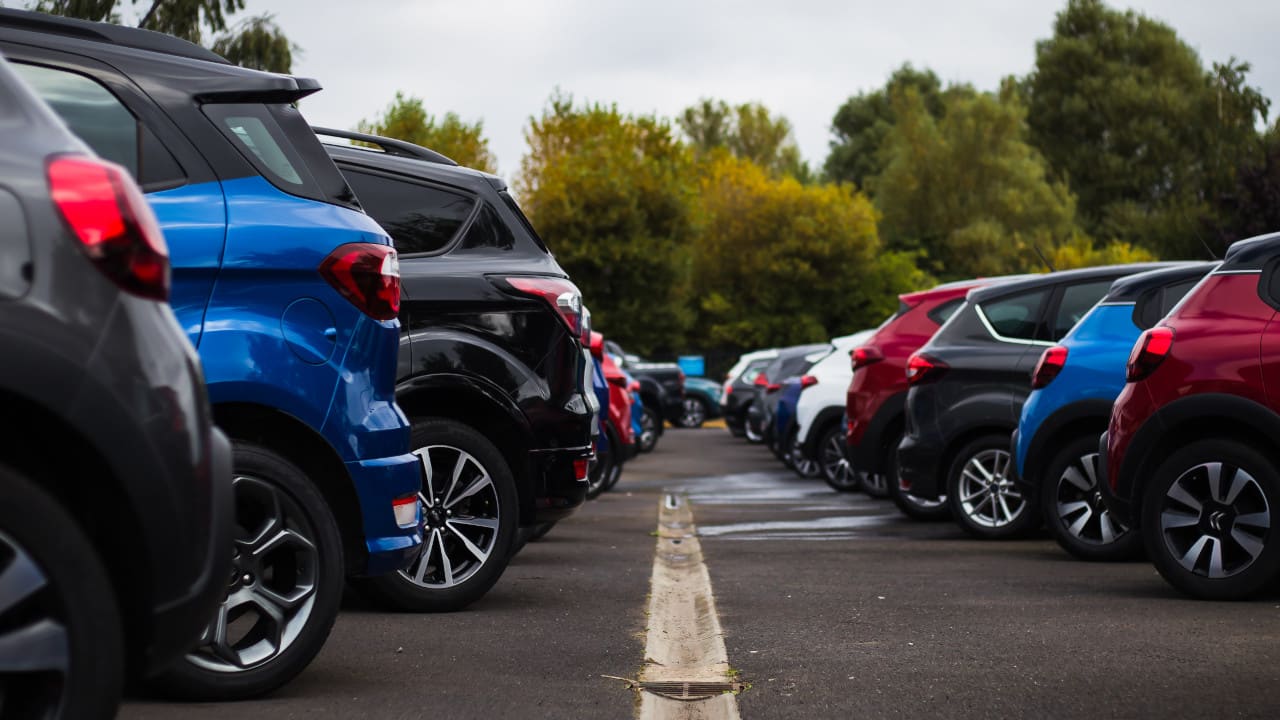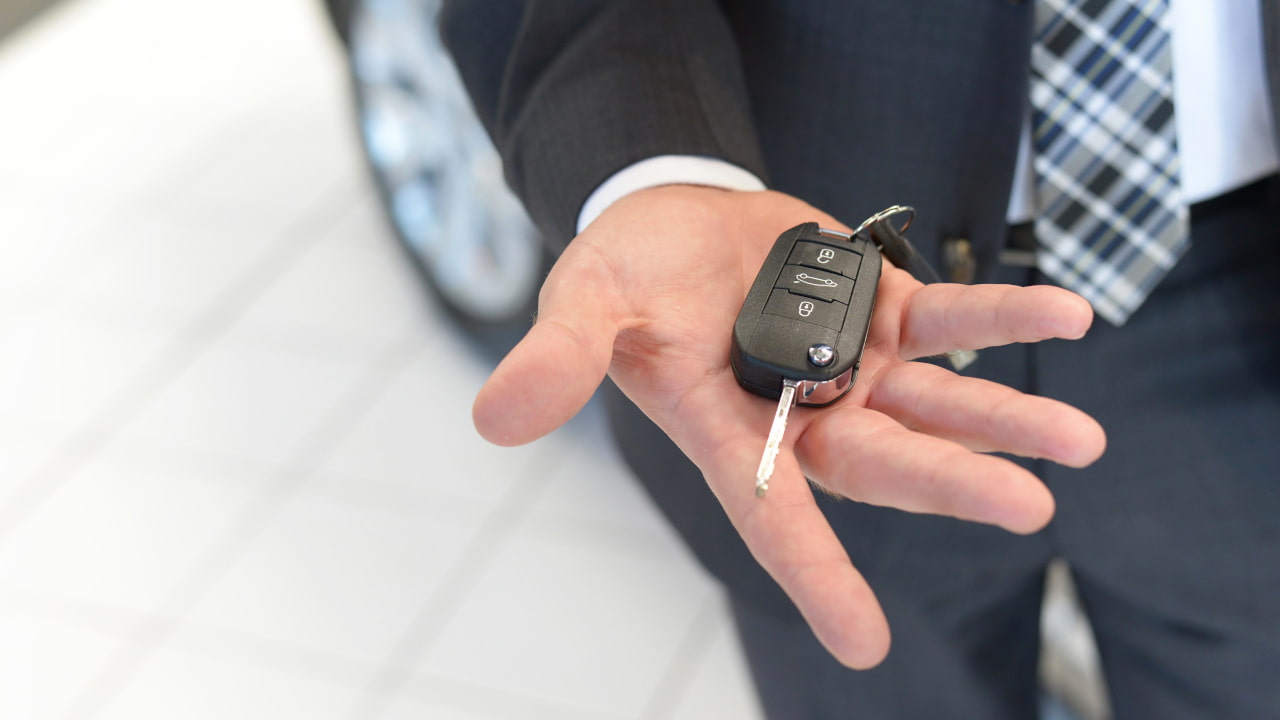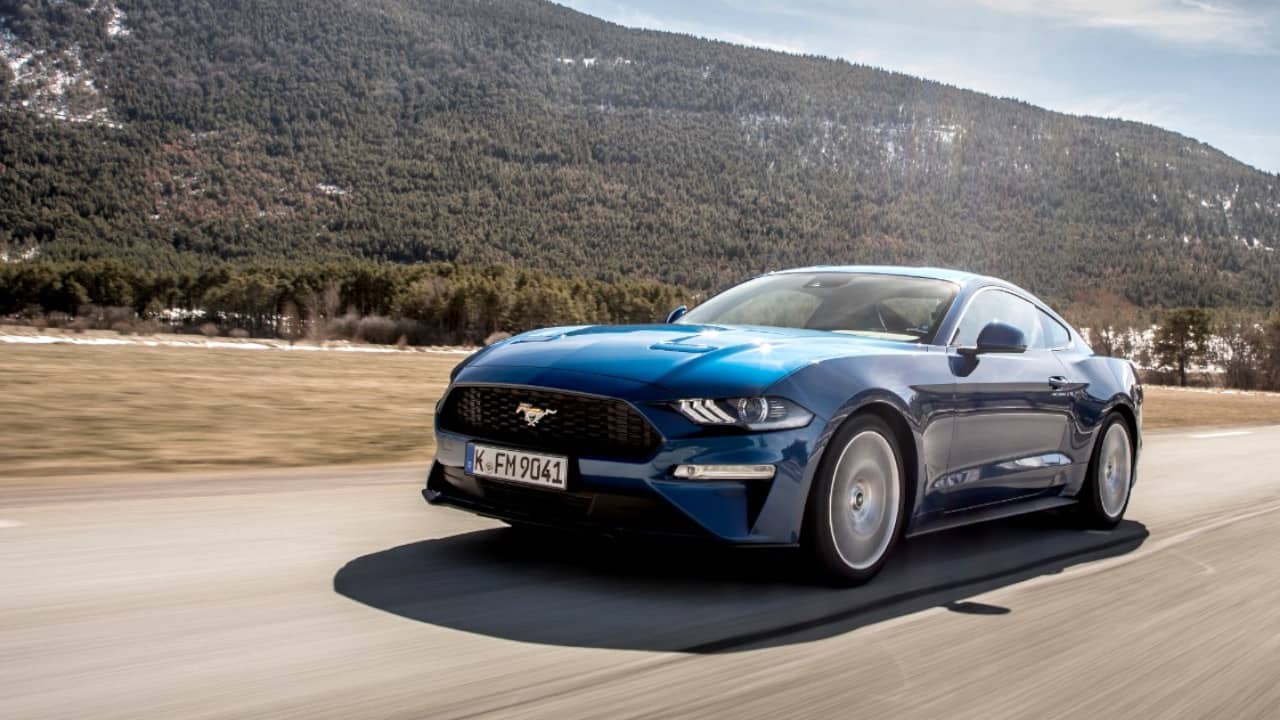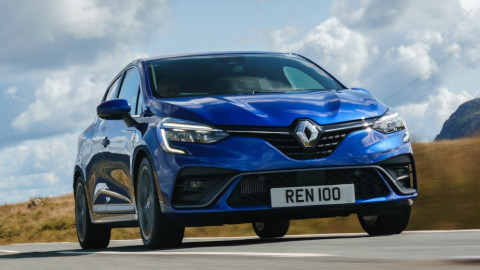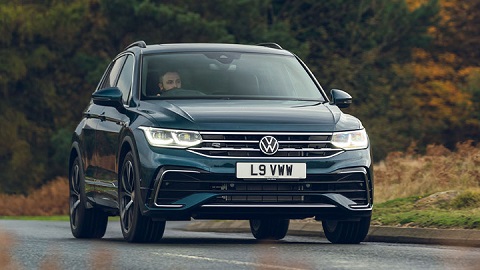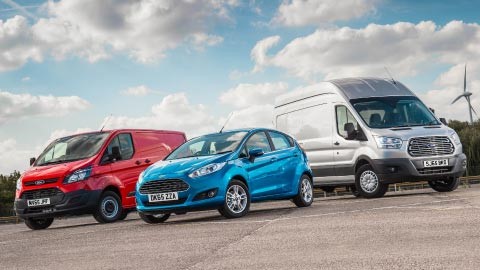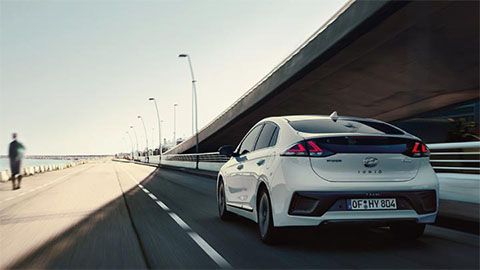What is Car Leasing and How Does it Work?
06th Jun 2025
When searching for a new car or van, there's a chance you would've been met with various terms and phrases that may seem like jargon. Some of these are the different processes and options when financing a vehicle.
Leasing is one of the most popular forms of payment for new vehicles and is a great alternative to buying. There are different leasing options available, it's important to understand how they work and which option is most suitable for you in order to get the best deal.
This article will explore the process of leasing a car, different types of car leasing, and list the advantages and disadvantages of this type of finance to help you make an informed decision.
- What is leasing, and what are the different options?
- Finding the right car
- How to lease a car
- Completing the lease deal
- Enjoying the vehicle
- What happens at the end of the lease?
- Pros and cons of leasing a car or a van
- Frequently Asked Questions
What is leasing, and what are the different options?
To explain it simply, car leasing can be compared to the process of renting a house. You'll pay a deposit, followed by a set fee each month for an agreed leasing period. At the end of the agreement, simply hand the car back.
The two main types of leasing options on offer are: Personal Contract Hire (PCH) and Business Contract Hire (BCH). As in the name, PCH is better suited to individuals who use the car for personal use, whereas BCH is available for use by businesses.
There are a number of benefits to taking out a PCH lease, such as customisable leasing periods, usually ranging from 12 to 60 months and agreed mileage limits that are set up to make sure you aren't paying for miles you don't need.
With BCH, you'll share many of the same benefits, as well as up to 100 percent exemption from VAT if used exclusively for commercial purposes, or up to 50 percent if also used for personal reasons. It isn't just large companies that can gain access to BCH, small businesses and sole traders are also eligible for this leasing option.
Finding the right car
Once you've decided which lease deal is right for you, it's time to search for a vehicle that suits your personal needs and preferences.
Lease deals can be agreed on a variety of vehicles, including estates and hatchbacks that are comfortable on long journeys, and small city cars if you just need something to pop to the shops.
At Evans Halshaw, we continuously update our leasing deals to bring you the latest offers on a wide range of vehicles. Our new car and van sections offer detailed information on numerous makes and models, from popular brands known for exceptional value, such as Citroën, Ford, Renault, Nissan and Vauxhall, to premium manufacturers like BMW, Land Rover, and Porsche, which offer enhanced features and luxurious driving experiences.
How to lease a car
Now you've decided which leasing option to go for, found the perfect vehicle and want to get behind the wheel, you may be asking what steps are required before you're handed the keys.
Once you're happy with the quoted lease offer, you'll need to complete a credit check to ensure the deal is suitable for you. You'll be required to provide various personal and business details for the check to be completed, so make sure you have these prepared when applying for finance.
It may also be useful for you to know your credit score, as this will give you an indication of whether you'll be accepted and what deals you may be eligible for. In order to be accepted for a lease contract, you need a high credit score. A score between 721 and 880 is a good indication that you have high chances of being accepted.
Unfortunately, somebody else won't be able to take the agreement out on your behalf, so if you have a low credit score or no credit history, having a guarantor isn’t an option in this situation. We're also regulated by the Financial Conduct Authority (FCA), giving you peace of mind when agreeing to the contract.
What details will I need to provide when applying for PCH?
- Full name (and previous name if applicable)
- Date of birth
- Marital status
- Residential status
- Address history for the past three years
- Bank details
- Proof of identity (e.g. a valid UK passport)
- Proof of current address (e.g. a utility bill dated in the past three months with full name and current address on it)
- Valid, full UK driving licence
What information will I need to provide to apply for BCH?
- Company details (including name, address, company reg. number and annual turnover)
- Director details (including name, date of birth and marital status)
- Business bank details (including bank name, account number and sort code)
- Three months' recent bank statements (if the business has been trading for less than two years or for high-value vehicles)
- VAT returns or utility bills (if the business has been trading for less than two years)
- Company accounts (if the business has been trading for less than two years)
- Copy of Director's driving licence or the company accountant's details (for high value vehicles)
Completing a lease deal
Once the finance application has been approved, it's time to order your vehicle, sign the agreement, and await delivery. You would've already chosen from a variety of optional extras dependent upon the vehicle, so all you'll have to do is confirm the order with our associate.
Financial documentation and paperwork will then require your signature before everything can be completed. It may also be worth considering additional extras such as service plans which can be added into the monthly payments to help you manage your budget.
A thorough verbal explanation of the agreement will be provided beforehand, but remember to dedicate some time to read your documentation. This ensures you fully understand the agreement and the various clauses and fees that may be included.
Once you're happy to go ahead, you can sit back, relax, and await the delivery of your new vehicle.
Enjoying the Vehicle
Now you've got your hands on the vehicle, it's time to enjoy it. One of the major benefits of leasing a car is that it offers a stress-free form of motoring as you don't need to worry about the costs of ownership.
When leasing a new vehicle, manufacturer warranties often cover most, if not all, of the lease agreement. The first MOT for new vehicles isn't due until it's three years old, meaning you don't need to worry about that either, at least for a few years.
What happens at the end of the lease?
As explained above, a leasing contract is similar to renting a house. A deposit is required to secure the vehicle, and there are monthly instalments that you must meet at an agreed-upon date until the end of the contract.
Unlike other types of finance, there won’t be an option to purchase the vehicle at the end of the contract. When your leasing agreement comes to an end, you’ll either have to return the car to the dealership or sign a new one. The new contract could be for the same car you’ve been driving for the past few years or a new one.
If you don't fancy a new lease deal, you can either walk away or buy a car outright by using a different finance option, such as Personal Contract Purchase (PCP) or Hire Purchase (HP), or with cash.
When you return the leased car, there will be an inspection to verify that the car doesn’t show signs of excessive deterioration that exceeds the fair wear and tear agreement. The outside and the cabin will be inspected, and additional charges may apply for surplus scuffing or other signs of excessive wear.
Going over the agreed mileage could also result in extra fees. As your contract will determine your mileage allowance, you may need to pay extra if the allowance is exceeded. The charge is per mile and the excess is calculated as an average per year. For example: if your allowance is 10,000 miles per year for a three-year contract, the inspector will check if you’ve gone over the 30,000 mile allowance.
Pros and cons of leasing a car or a van
You've now got a better understanding of the process behind leasing a car or van and will want to weigh up whether it's the right form of payment for you. So, we've gathered some of the advantages and disadvantages of leasing to help make your decision a bit easier.
Benefits of leasing a car
- Straightforward method of motoring
- No stressful sale process at the end of the agreement
- Manufacturer warranties will cover most, if not all, of the lease
- Usually lower upfront and monthly payments than PCP or HP
- Adjustable contract terms to suit personal needs
- Usually lower down payments as opposed to car purchase finance
- Tax benefits for businesses
Disadvantages of leasing a car
- You won't own the car at the end of the agreement
- Exceeding the agreed mileage equals additional costs
- You cannot modify the vehicle at all
- All damage will need to be repaired when you return the vehicle
- You'll need to pay an early termination fee should you want to end the lease deal early
Frequently Asked Questions
To answer it simply, yes. Having car insurance is a legal requirement, even when you’re leasing a vehicle, and it is your responsibility to cover for insurance expenses.
Even though leasing contracts can feel like car rental, some technical differences distinguish these two contracts. Leasing contracts are usually for local businesses and individuals who need a vehicle mid to long term, from 12 to 60 months.
Car rental contracts are aimed at temporary users, such as tourists, for a short period of time. Usually, vehicles under this type of contract are rented for days or a few weeks.
Maintenance costs are typically not included in a leasing contract, which means the person leasing the vehicle is responsible for covering most repairs that fall outside of fair wear and tear.
To answer it simply, yes. Having car insurance is a legal requirement, even when you’re leasing a vehicle, and it is your responsibility to cover for insurance expenses.
Find your next vehicle with Evans Halshaw
As we've discovered, leasing a car isn't as confusing and stressful as many may believe it is. The most important factor is that you understand what you're agreeing to and which option is best for you. With plenty of great lease deals available, there's sure to be a vehicle that suits your lifestyle perfectly.
If you'd like to learn more about leasing or any other information related to buying a vehicle or finance options for car purchase, please check out our blog. Alternatively, you can contact your local Evans Halshaw dealership to book a test drive or request information on specific models.

